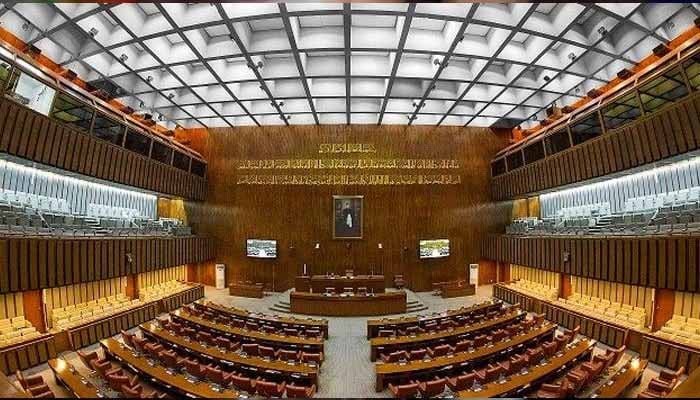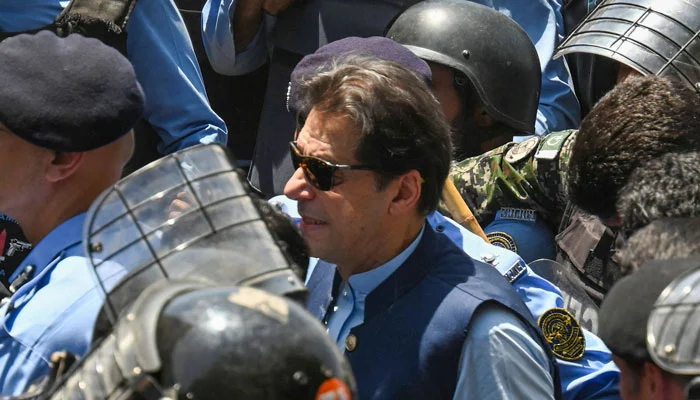The Election Commission has announced the schedule for the Senate elections, which are set to take place on April 2. According to the Election Commission, nomination papers for the Senate election can be submitted from March 15 to March 16, and scrutiny of nomination papers will be conducted on March 19.
The Senate elections will be held to fill six vacant seats in the upper house of parliament. These elections are crucial as they play a significant role in shaping the legislative landscape of the country and representing the interests of various regions and communities.
However, the Senate elections in Islamabad have been overshadowed by the decision of two major political parties, the Pakistan Muslim League-Nawaz (PML-N) and the Jamiat Ulema-e-Islam-Fazl (JUI-F), to abstain from casting their votes. Both parties have decided not to participate in the voting process, citing various reasons for their decision.
According to the Election Commission, polling for the Senate elections will take place from 9:00 AM to 4:00 PM. This timeframe allows voters ample opportunity to cast their ballots and participate in the democratic process.
The decision of the PML-N and JUI-F not to cast their votes in the Senate elections has raised questions about the integrity and fairness of the electoral process. Some critics argue that abstaining from voting undermines the democratic principles of representation and participation, while others view it as a strategic move by the parties to express their dissatisfaction with the current political system.
In addition to the Senate elections, the Election Commission has also announced the formation of an election tribunal to address any appeals or disputes related to the electoral process. Candidates have until March 25 to file their appeals, and the final list of candidates will be published on March 26. Nomination papers can be withdrawn until March 27.
The Senate elections hold significant importance for the political landscape of Pakistan, as the upper house plays a crucial role in legislation and policymaking. The outcome of these elections will determine the composition of the Senate and the representation of various political parties and groups in the upper house.
It remains to be seen how the decision of the PML-N and JUI-F to abstain from voting will impact the results of the Senate elections and the overall political dynamics in Islamabad. However, regardless of the outcome, it is essential for the electoral process to be conducted in a transparent, fair, and impartial manner to uphold the principles of democracy and ensure the legitimacy of the elected representatives.



